Remodeling Contractor Strategies: Timely Completion Secrets Revealed
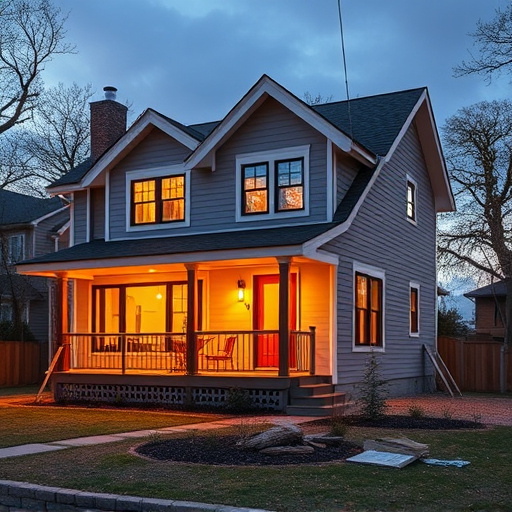
Skilled remodeling contractors prioritize efficient planning, breaking down projects into manageable…….
In the ever-evolving world of construction and design, remodeling contractors stand as a vital link between vision and reality. These professionals are adept at transforming existing structures into modern, functional spaces, catering to the diverse needs of homeowners, businesses, and architects alike. This article aims to offer an in-depth exploration of the remodeling contractor industry, its global impact, and the factors shaping its future. By delving into various aspects, from historical roots to technological innovations, readers will gain a comprehensive understanding of this dynamic sector.
Definition: A remodeling contractor is a specialized construction professional who excels in altering and enhancing existing buildings or structures. They are hired to execute design plans, ensuring structural integrity, aesthetic appeal, and functionality. This process involves various tasks, including demolition, renovation, rebuilding, and adding new features.
Key Components:
Project Management: Contractors manage every aspect of the remodeling process, from initial client meetings and design consultations to coordinating subcontractors, sourcing materials, and ensuring timely completion.
Expertise in Building Codes: They are well-versed in local building codes, permits, and regulations, ensuring compliance throughout the project.
Diverse Skill Set: Remodeling contractors possess a broad range of skills, from carpentry and electrical work to plumbing, flooring, and finishing touches. Many have specialized training in specific areas, such as kitchen or bathroom remodeling.
Client Communication: Effective communication with clients is crucial. Contractors interpret design ideas, offer professional advice, and provide transparent updates throughout the project.
Historical Context: The concept of remodeling has deep roots in human history, dating back to ancient civilizations that adapted and enhanced their living spaces. However, the modern remodeling contractor industry emerged in the mid-20th century with post-war urban renewal and suburban expansion. As housing stocks aged, the need for skilled professionals to update and refurbish homes grew, leading to the specialization of contractors focused on interior and exterior renovations.
The reach of remodeling contractors extends far beyond national borders, as global trends shape this industry:
Urban Renewal: Many cities worldwide are undergoing urban renewal projects, focusing on revitalizing older neighborhoods. This trend creates a steady demand for remodeling contractors to update older structures while preserving historical value. For instance, in Europe, the restoration of historic buildings and converting industrial spaces into residential lofts have become popular.
Sustainable Remodeling: With growing environmental consciousness, there is a global push for eco-friendly and sustainable construction practices. Remodeling contractors are increasingly incorporating green materials, energy-efficient systems, and water conservation measures into their projects. This trend is particularly prominent in North America and Australia, where strict building codes promote sustainability.
Technological Integration: The adoption of technology has revolutionized the industry, with contractors using digital tools for design, project management, and communication. Virtual reality (VR) and augmented reality (AR) are being utilized to visualize designs, while building information modeling (BIM) streamlines construction processes. These innovations are prevalent in Asia-Pacific regions, driving efficiency and precision.
Remote Work and Digital Platforms: The COVID-19 pandemic accelerated the trend towards remote work, prompting remodeling contractors to embrace digital platforms for client interaction, project planning, and even remote collaboration with global teams. This shift has made the industry more accessible and efficient, particularly in regions with dispersed populations.
The remodeling contractor market is a significant contributor to global economic activity:
| Economic Aspect | Description |
|---|---|
| Market Size | According to a 2022 report by Grand View Research, the global home renovation market size was valued at USD 4.5 trillion in 2021 and is projected to grow at a compound annual growth rate (CAGR) of 4.7% from 2022 to 2030. |
| Key Drivers | Rising disposable incomes, increasing urbanization, and the growing preference for home customization are primary market drivers. The US and China are significant contributors, with robust remodeling industries centered around residential and commercial properties. |
| Investment Patterns | Private equity and venture capital firms have shown a keen interest in remodeling contractors, investing in technology-driven startups and established companies. This trend reflects the industry’s potential for growth and innovation. In 2021, investments in home improvement tech startups reached a record high, indicating investor confidence. |
| Economic Impact | Remodeling projects stimulate local economies by creating employment opportunities, generating tax revenue, and boosting supplier businesses. It also contributes to a more desirable and vibrant urban environment, attracting new residents and businesses. |
Technology plays a pivotal role in shaping the future of remodeling contractors:
Virtual Reality (VR) and Augmented Reality (AR): These immersive technologies enable clients to visualize design concepts in 3D space, enhancing decision-making. AR can also guide contractors during installation, providing real-time instructions for precise work.
Building Information Modeling (BIM): BIM is a digital representation of a building’s physical and functional characteristics. It allows contractors to collaborate with architects and engineers, improving design accuracy and identifying potential issues before construction begins. This technology streamlines project management, reduces waste, and enhances overall efficiency.
Internet of Things (IoT) and Smart Homes: The integration of IoT devices in remodeling projects enables the creation of smart homes, where various systems can be controlled remotely. From automated lighting to energy-efficient appliances, these features enhance comfort and security while providing valuable data for future improvements.
Advanced Material Science: Innovations in materials science have led to the development of durable, low-maintenance, and eco-friendly products. For example, self-cleaning glass, smart paints that adapt to temperature changes, and advanced insulation materials contribute to more efficient and sustainable buildings.
The remodeling contractor industry operates within a complex web of policies and regulations, ensuring safety, quality, and consumer protection:
Building Codes and Permits: Local building codes dictate construction standards, material choices, and structural integrity. Contractors must obtain permits for various projects, ensuring compliance with local regulations. Non-compliance can result in penalties and project delays.
Insurance Requirements: Remodeling contractors are legally required to carry insurance to protect against property damage, liability claims, and worker injuries. This includes general liability insurance, workers’ compensation, and sometimes professional liability coverage for specific services.
Health and Safety Standards: These standards regulate workplace safety, including proper training, equipment use, and hazard management. The Occupational Safety and Health Administration (OSHA) in the US sets guidelines, while similar bodies operate in other countries to ensure safe working conditions.
Environmental Regulations: With growing environmental awareness, contractors must adhere to regulations regarding waste disposal, material sourcing, and energy efficiency. These rules vary by region but generally aim to minimize construction’s ecological footprint.
Despite its growth potential, the remodeling contractor industry faces several challenges and criticisms:
Competition and Market Saturation: In many regions, the industry is highly competitive, with contractors vying for a limited number of projects. This can lead to price wars and squeeze profit margins, particularly for small businesses.
Skill Shortages: The demand for skilled labor often outstrips supply, creating shortages of qualified contractors, especially in specialized areas like roofing or plumbing. Addressing this gap requires investment in training programs and apprenticeships.
Legal and Financial Risks: Contractors face risks related to non-payment by clients, unexpected project delays, and legal disputes. Adequate insurance coverage and risk management strategies are essential to mitigate these challenges.
Customer Expectations and Communication: Managing client expectations is crucial. Miscommunication or unrealistic expectations can lead to conflicts and negative reviews. Effective marketing and transparent communication practices help contractors build a solid reputation.
Strategies for Overcoming Challenges:
Specialization: Contractors can differentiate themselves by specializing in specific areas, becoming go-to experts for particular types of projects.
Networking and Partnerships: Building strong relationships with architects, designers, and suppliers can lead to referrals and collaborative opportunities.
Continuous Education: Staying updated with industry trends, new technologies, and regulatory changes ensures contractors remain competitive and compliant.
Client Satisfaction Focus: Prioritizing customer satisfaction through excellent communication, quality work, and timely delivery builds a solid client base.
A local remodeling contractor in Berlin transformed an old industrial building into modern lofts, blending historical charm with contemporary design. The project involved removing internal walls to create open-plan spaces while preserving the structure’s unique architectural elements. This successful renovation attracted a young, urban demographic seeking historic homes in vibrant neighborhoods. The contractor’s use of sustainable materials and energy-efficient systems won them awards and a loyal client base.
A Seattle-based contractor took on the challenge of remodeling a 1950s suburban home while incorporating eco-friendly features. The project involved replacing old windows with energy-efficient models, installing solar panels, and gut-reinforcing the kitchen to use local, sustainable materials. The homeowner was pleased with the result, achieving a more comfortable living space and significant reduction in energy bills. This case highlights the growing demand for green remodeling solutions.
In the heart of Paris, a contractor specialized in historic preservation was hired to renovate an 18th-century mansion. The project required meticulous attention to detail, respecting the building’s historical significance while updating it for modern comfort. The contractor’s expertise in classical architecture and craftsmanship resulted in a stunning restoration that attracted international recognition. This case underscores the importance of skilled contractors in preserving cultural heritage.
The remodeling contractor industry is poised for further growth and transformation, driven by several emerging trends:
Sustainable and Smart Homes: The demand for eco-friendly and smart home technologies will continue to rise, presenting opportunities for contractors to offer integrated solutions. As homes become more connected, contractors can specialize in installing and integrating smart devices while ensuring energy efficiency.
Digitalization and Remote Work: The adoption of digital tools and remote collaboration will further streamline project management and communication. Virtual design consultations, online permitting, and digital documentation will become the norm, enabling contractors to serve clients globally.
Specialized Niche Services: As the industry evolves, niche services will gain prominence. These could include disaster recovery remodeling, accessible design for seniors or individuals with disabilities, or specialized renovations for commercial spaces like co-working facilities.
Global Expansion: With the increasing globalization of construction practices, contractors can explore opportunities in emerging markets, sharing knowledge and technologies while adapting to local preferences.
Remodeling contractors are at the forefront of transforming living and working spaces, playing a vital role in urban development and individual lifestyle enhancements. The industry’s global impact is undeniable, with technology and sustainability emerging as key drivers of its evolution. By embracing innovation, addressing challenges head-on, and adapting to changing market dynamics, remodeling contractors will continue to shape the built environment for generations to come.
Q: How do I find a reputable remodeling contractor?
A: Reputable contractors can be found through online reviews, local business directories, or referrals from trusted sources. Check their licenses, insurance, and work history before hiring.
Q: What are some common signs of poor quality workmanship in remodeling projects?
A: Look for inconsistencies in finishes, loose or poorly fitted fixtures, subpar materials, and lack of attention to detail. Regular site visits and clear communication with contractors can help prevent such issues.
Q: How can I get the best value for my remodeling project?
A: Define your budget and priorities, request detailed proposals from multiple contractors, compare prices, and consider their experience in similar projects. Transparent communication and clear scope of work ensure you get the most for your investment.
Q: Are there any tax benefits for home renovation projects?
A: Yes, many countries offer tax incentives or deductions for home improvement projects. Check local regulations to understand eligible expenses and potential savings.
Q: How can technology help during a remodeling project?
A: Technology streamlines communication, design visualization, project management, and even automation in smart homes. It ensures better coordination, reduces errors, and provides clients with real-time updates.

Skilled remodeling contractors prioritize efficient planning, breaking down projects into manageable…….

Remodeling contractors must excel at managing change requests from clients while adhering to project…….
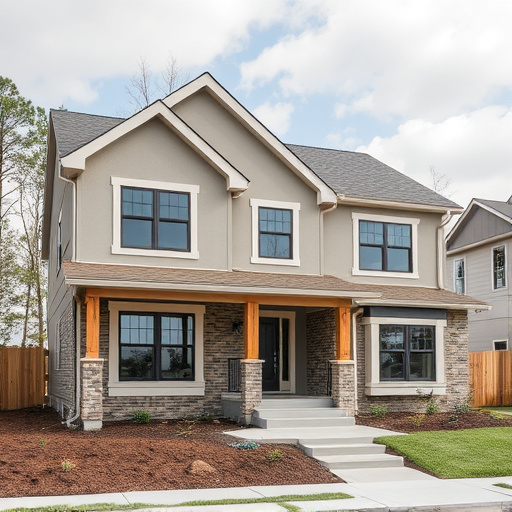
Remodeling contractors assess project scope, including size, complexity, material availability, and…….
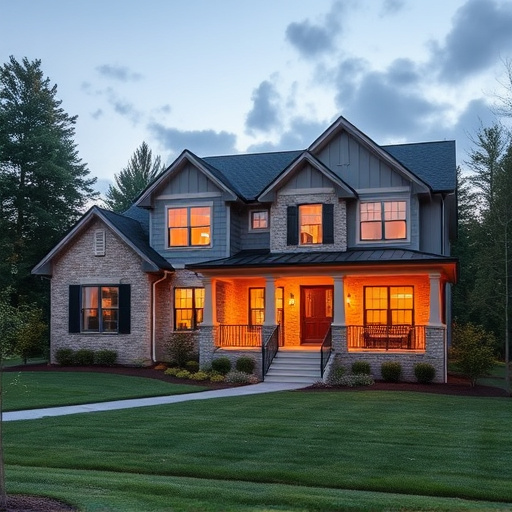
Preparing your space through decluttering, visualization, and planning enhances communication with a…….
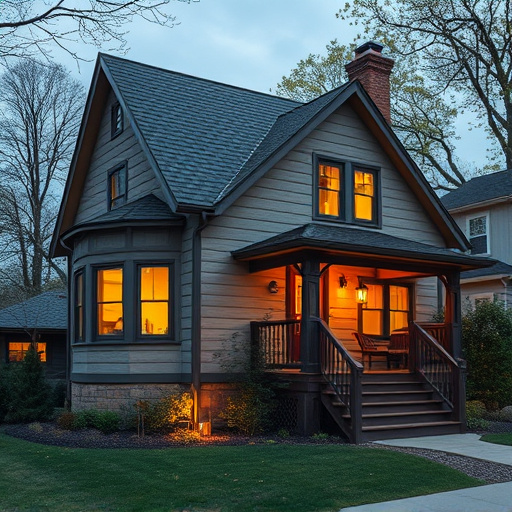
Remodeling contractors play a vital role in ensuring building code compliance for all construction p…….
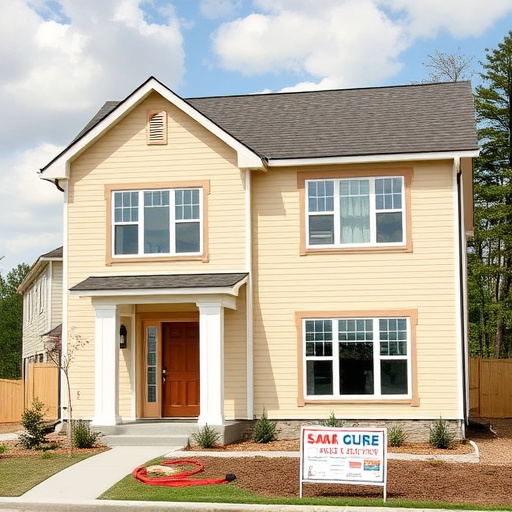
Remodeling contractors in urban areas cater to high demand for compact space solutions, focusing on…….

Remodeling contractors play a crucial role in promoting sustainable construction by adopting green b…….
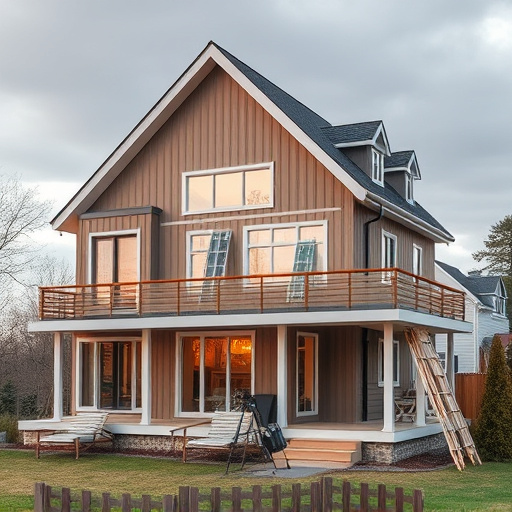
Before hiring a remodeling contractor, verify their licenses and insurance to ensure professionalism…….
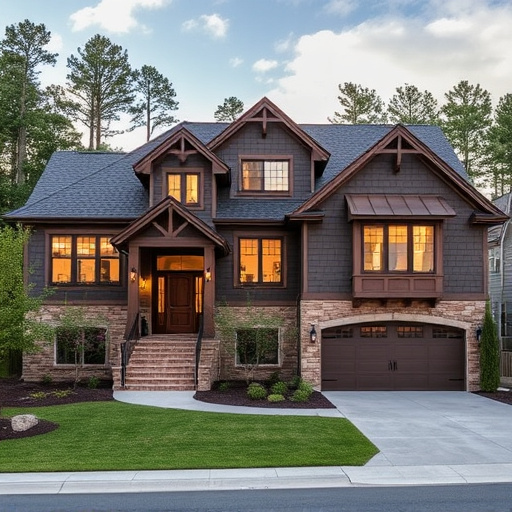
Effective construction waste management for remodeling contractors involves identifying and classify…….
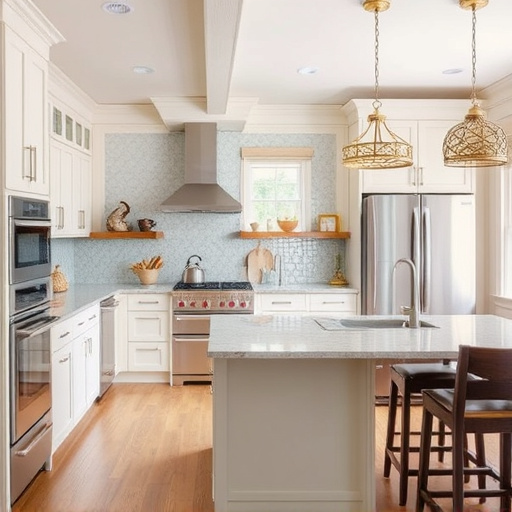
First-time homeowners should clearly define renovation goals and consult a reputable remodeling cont…….